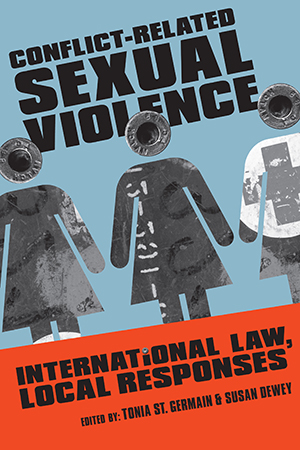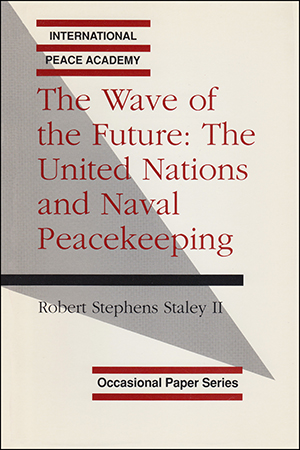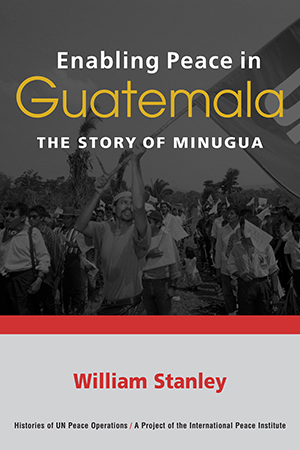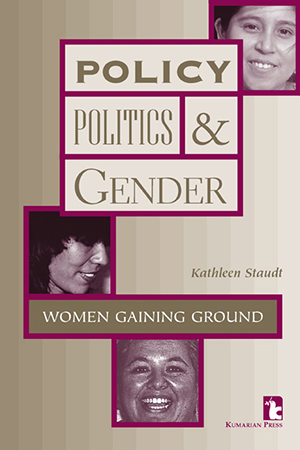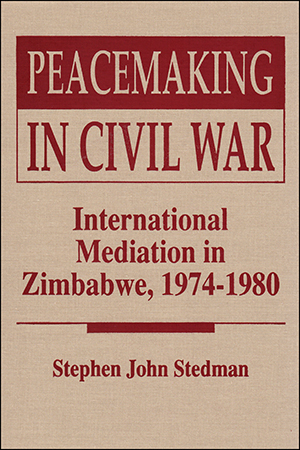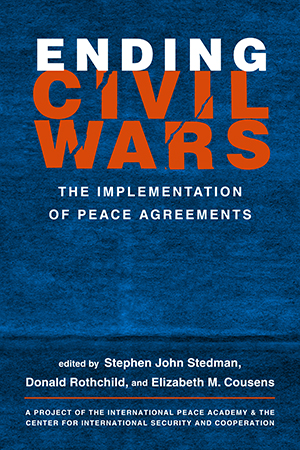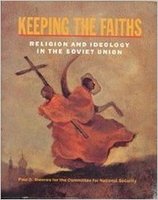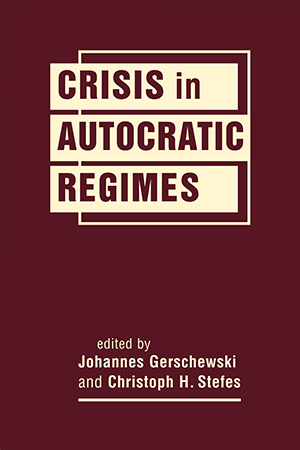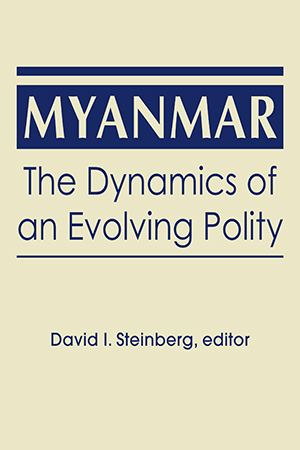BOOKS
The authors of this groundbreaking book explore the gap between policy and practice in international responses to conflict-related sexual violence. Drawing on their research in Africa, Asia, More >
Though the United Nations will face numerous challenges on the world's oceans in the next decades, it has not yet developed the capability to operate effectively in the areas of maritime More >
This unique assessment of a complex and contentious issue brings together the latest information on international migration in the context of a global economy. Redressing a gap in most More >
William Stanley tells the absorbing story of the UN peace operation in Guatemala's ten-year endeavor (1994-2004) to build conditions that would sustain a lasting peace in the More >
Here is a book that finally identifies and develops the connections between women's politics and public policies and practices at national and international levels. Kathleen Staudt More >
Challenging the literatures on war termination, civil war, and revolution—which typically dismiss the possibility of negotiated settlement—Stephen Stedman examines the problem of More >
Why do some peace agreements successfully end civil wars, while others fail? What strategies are most effective in ensuring that warring parties comply with their treaty commitments? Of the More >
Topics include religious tradition, competing faiths, religious life and the Gorbachev era. More >
What makes autocratic regimes vulnerable? Why, in times of crisis, do some of these regimes break down while others weather the storm? This is the puzzle addressed in Crisis in Autocratic More >
What issues will Myanmar need to address as it moves beyond the immediate complexities of a transition from an authoritarian state to a more pluralistic polity? How will the new government More >



